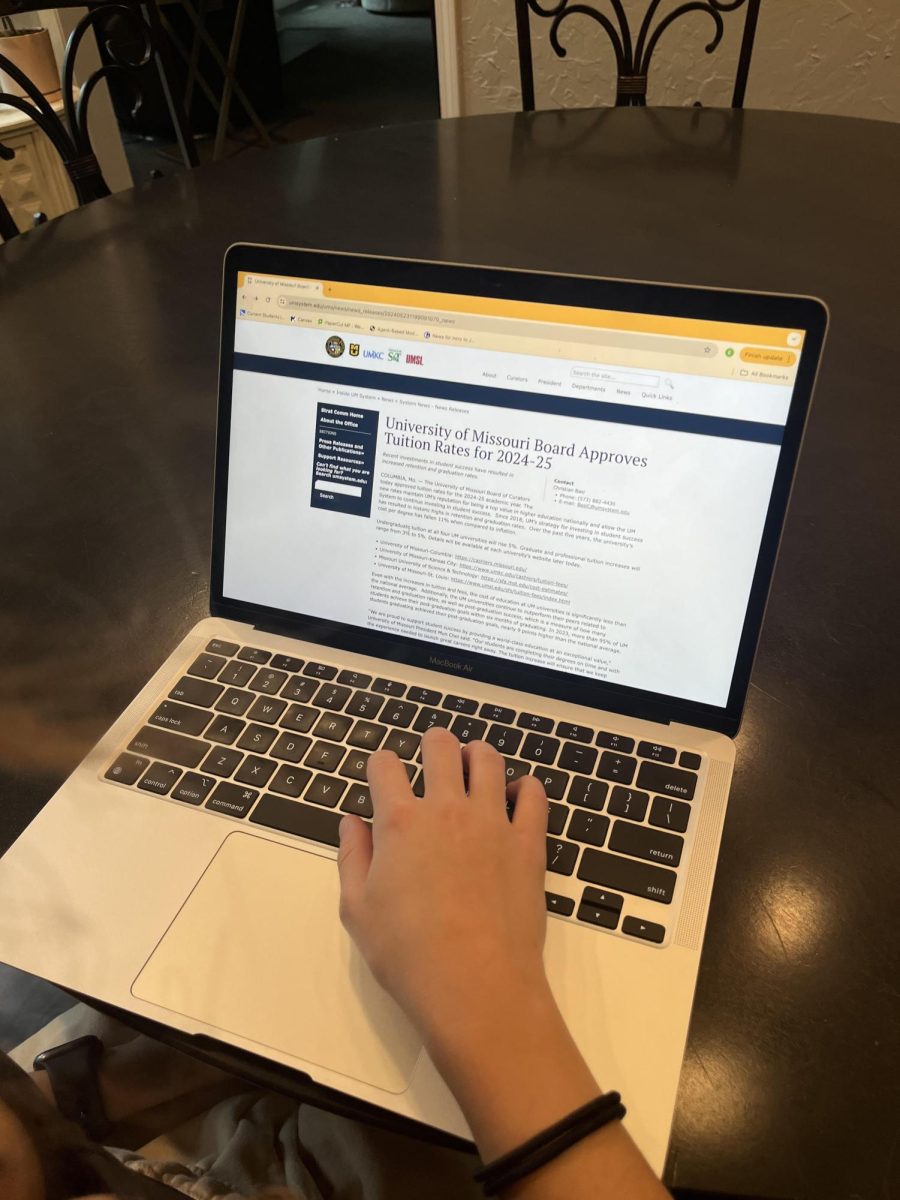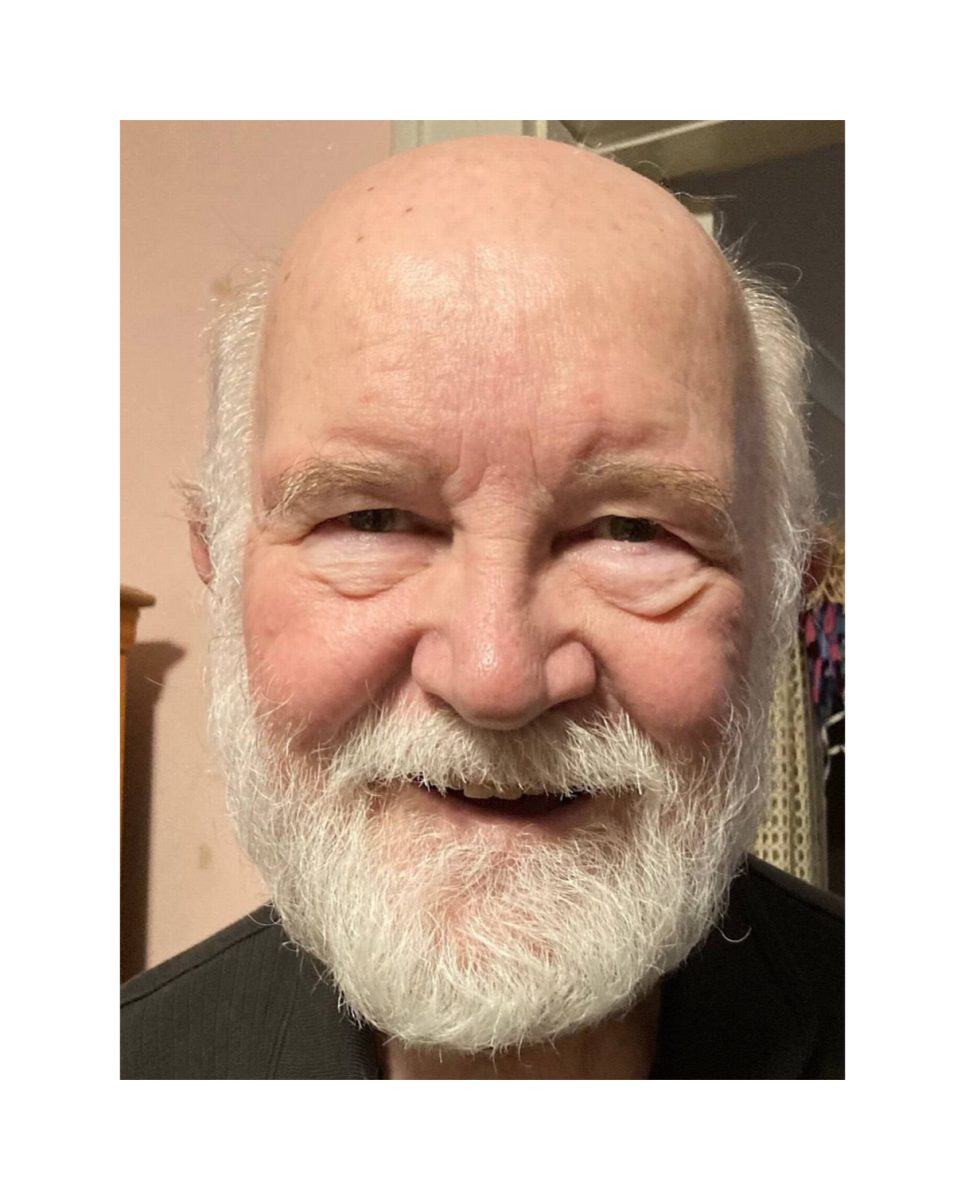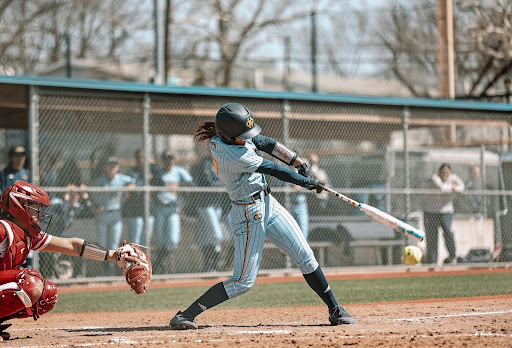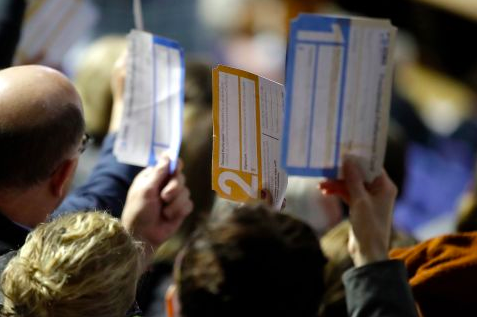Caucusgoers hold up their first votes as they are counted on the Drake University campus in Des Moines. (Gene J. Puskar/AP)
Picture turning on the news and learning an important election in Russia nearly broke down in the middle of a contentious election year. Upon hearing the news, it wouldn’t be surprising to feel a mix of concern and anger at the breakdown of the democratic process.
Sadly, that isn’t just a hypothetical situation happening in a far-off place. Last week the significant Democrat Party’s Iowa caucuses seemed to be almost falling apart.
What is usually only a single day political event turned into almost a week-long trickle of information that led to political chaos and made the winner of the caucus unclear.
It is hard to know with full certainty why this happened, but it looks like this was due to a mix of party incompetence and unplanned technical failures.
However, the fundamental issue is the broken nomination process for the parties.
The current nomination system for the parties is nothing more than a cobbled-together process that is out of date. While the parties each have systems that are different in important ways, they have similar problems at their core.
The clearest example is the aforementioned caucus system that states like Iowa and Nevada use. This system is overly complex, and it puts an undue burden on voters.
It is a system that requires voters to come in-person to an event that can take hours. This means that people unable to have that free time or make it to that place aren’t able to take part. This is compounded by the caucuses (as well as normal primaries and elections) taking place on a weekday instead of the weekend when far more people would be free to vote.
That is why the caucus system should be abandoned. It is a process that is far more undemocratic than a traditional primary election due to its burden that it places on voters. That is anathema to what the election process should truly be.
The natural alternative to caucuses is the commonly adopted primary election. This is an improvement over the arcane caucuses, but it needs to be reformed so it can be more accessible to voters and give them more choice.
Additionally, instead of voting for one person like in the general election, the primaries should be ranked-choice. This would allow voters to more clearly express their choices for the nomination, which is often a multi-person race.
Voting itself should be easier. This could be done by more places letting people vote by mail, and making it easier for all Americans to vote on important election days by making it a federal holiday. Making it so more people can meaningfully take part in the democratic process is a goal that should always be strived for.
Outside the actual structure of the elections, the order of states in the primary process needs to be reordered. Not only is it a vastly prolonged process that only unnecessarily compounds political strife, but it also leads to an unbalance of which states have more power.
Why should Iowa go first, or New Hampshire go second? For too long the core of this process has been set in stone. States that are more reflective of the country as a whole and the makeup of their respective parties should be put ahead of other states that are only in their place because of tradition or regional wheeling-and-dealing.
Additionally, states that are more competitive in the general election should be put further up in this process since it makes the most sense for candidates and parties to build up an organization and network in those places. It is odd to see so much of the Democratic party focus on Iowa and build vast networks there only to forget it exists once the general election is in full swing. It comes across as a waste of both time and resources.
The dysfunction in Iowa has also made it clear why elections should still be built upon the foundations of more conventional methods like paper ballots. The allure of new technology is enticing, but elections are already potentially volatile on their own without introducing new unstable elements. It should especially be avoided if it isn’t properly tested or people are not trained with it fully.
At the end of the day, no solution will fix it all, but the Iowa mess showed this process is not working and needs reform. The goal of the primary process is for voters to have their voices heard, and this isn’t happening enough with the current system.













